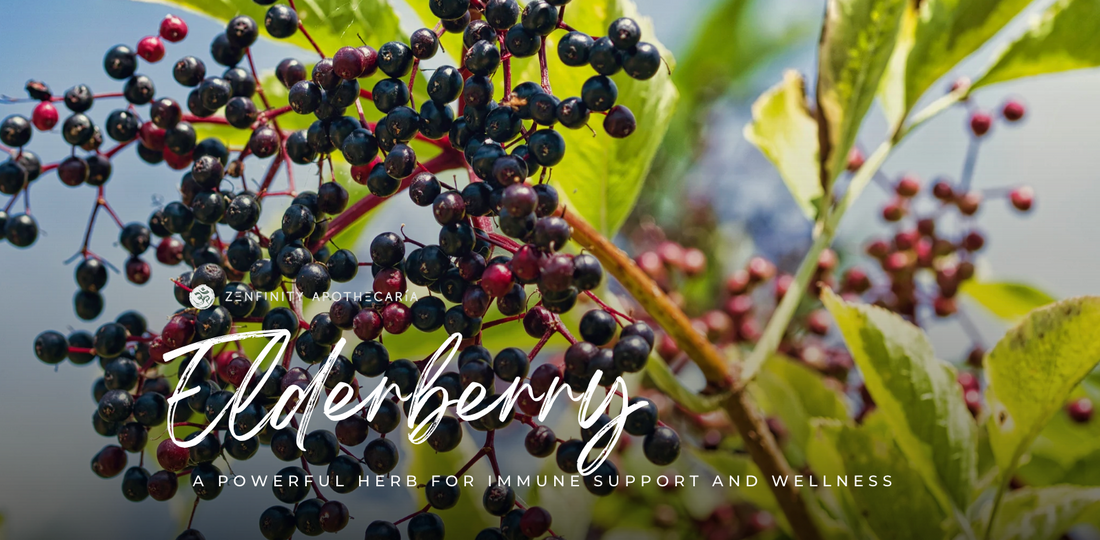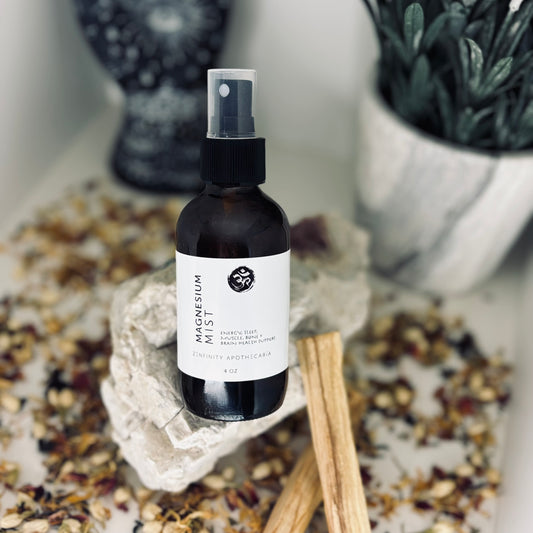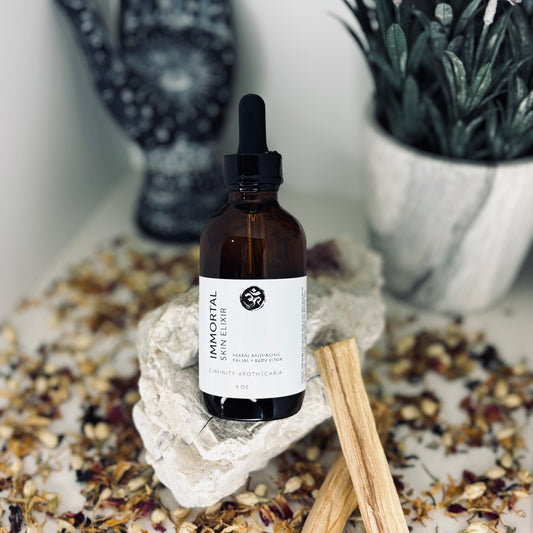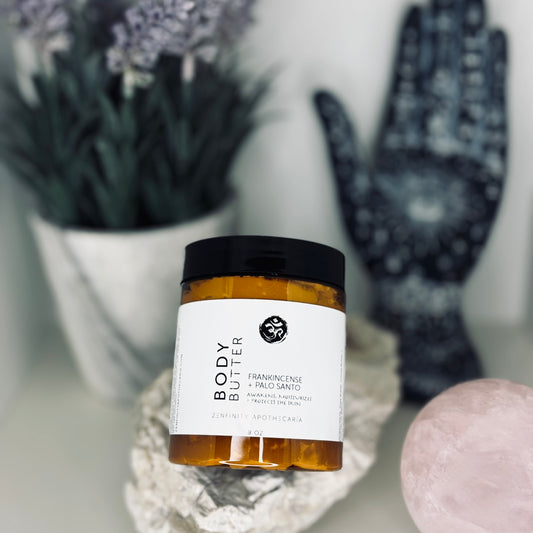Elderberry (Sambucus nigra): A Powerful Herb for Immune Support and Wellness
Elderberry, scientifically known as Sambucus nigra, is a time-honored herb that has been used for centuries for its powerful medicinal properties. Often referred to as the "medicine chest of the country," Elderberry has earned its place as a staple in natural medicine due to its ability to support immune health, fight infections, and promote overall well-being. With its rich antioxidant profile and potent antiviral compounds, Elderberry is especially popular during cold and flu season for its ability to reduce the severity and duration of illness.
In this article, we’ll explore the numerous health benefits of Elderberry, including how to incorporate it into your daily routine for maximum benefit.
1. Supports Immune Health and Fights Infections
Elderberry is best known for its ability to support immune health. The berries are rich in vitamins, particularly Vitamin C and antioxidants, which help strengthen the immune system and protect the body from harmful pathogens. The key compounds found in Elderberry—anthocyanins—have antiviral properties that help the body fight off viruses like the flu and common cold.
Several studies have shown that Elderberry can reduce the duration and severity of viral infections, making it an essential remedy for anyone looking to maintain a healthy immune system, especially during cold and flu season.
How to Use Elderberry for Immune Support:
- Elderberry Syrup: One of the most popular and effective forms of Elderberry is syrup, which can be taken regularly as a preventive measure or during illness. A tablespoon of Elderberry syrup daily can help strengthen your immune system and reduce the risk of infections.
- Elderberry Tea: Steep dried Elderberries in hot water for 10–15 minutes to make an immune-boosting tea. Drinking this tea regularly can help support your body's defenses against illness.
- Elderberry Tincture: A few drops of Elderberry tincture can be taken in water or juice to help combat viral infections and support the immune system during sickness.
2. Reduces Cold and Flu Symptoms
Elderberry has long been used as a natural remedy for cold and flu symptoms. The anthocyanins in Elderberry work by preventing viruses from entering and infecting healthy cells, which helps reduce the severity of symptoms and speeds up recovery. Elderberry can also reduce inflammation, ease congestion, and soothe sore throats, making it an all-around beneficial herb during illness.
Studies have shown that taking Elderberry at the onset of flu symptoms can help shorten the duration of the illness by up to four days, providing quick relief for those feeling under the weather.
How to Use Elderberry for Cold and Flu Relief:
- Elderberry Syrup: Take a tablespoon of Elderberry syrup every 3–4 hours when flu symptoms appear to help reduce their severity and accelerate recovery.
- Elderberry Tea: Drink Elderberry tea several times a day to soothe sore throats, reduce congestion, and alleviate flu-like symptoms.
3. Rich in Antioxidants and Supports Overall Wellness
Elderberries are packed with antioxidants, particularly flavonoids and Vitamin C, which help protect the body from oxidative stress and free radical damage. By neutralizing harmful free radicals, Elderberry helps reduce the risk of chronic diseases, promotes healthy aging, and supports overall wellness.
Regular consumption of Elderberry can also help reduce inflammation, making it an excellent addition to your diet for managing conditions related to inflammation, such as arthritis or other inflammatory diseases.
How to Use Elderberry for Antioxidant Benefits:
- Elderberry Syrup: A daily dose of Elderberry syrup not only boosts your immune system but also provides antioxidant support for the body.
- Elderberry Tea: Drinking Elderberry tea regularly can provide a gentle antioxidant boost to support overall health.
4. Supports Respiratory Health
Elderberry is often used to support respiratory health, particularly in the treatment of coughs, colds, and other respiratory infections. The compounds in Elderberry help relieve congestion, reduce mucus production, and soothe the respiratory tract. Its anti-inflammatory and antiviral properties can reduce the symptoms of upper respiratory infections and promote faster healing.
Whether used in syrup form, tea, or tincture, Elderberry helps to clear congestion, reduce inflammation, and ease coughing and other discomforts associated with respiratory illnesses.
How to Use Elderberry for Respiratory Health:
- Elderberry Syrup: Take Elderberry syrup to help reduce mucus, ease coughing, and support overall respiratory health.
- Elderberry Tea: Drinking Elderberry tea can help relieve symptoms of colds, ease throat irritation, and reduce congestion.
5. Enhances Skin Health
Elderberry’s antioxidant and anti-inflammatory properties make it an excellent herb for promoting healthy skin. The high levels of Vitamin C in Elderberries help boost collagen production, which is essential for skin elasticity and reducing signs of aging. Elderberry also contains compounds that can protect the skin from free radical damage, preventing premature aging and supporting a youthful, radiant complexion.
Topically, Elderberry has been used in skincare for its ability to reduce redness, soothe irritation, and help treat conditions like acne or eczema.
How to Use Elderberry for Skin Health:
- Elderberry Face Mask: You can create a soothing face mask by blending Elderberry powder or dried Elderberries with honey or yogurt to apply directly to the skin. This can help reduce inflammation, soothe redness, and provide a brightening effect.
- Topical Elderberry Infused Oil: Elderberry oil or tincture can be diluted and applied to the skin for added antioxidant protection, reducing acne flare-ups and soothing irritated skin.
6. Supports Heart Health
Elderberry may also provide benefits for heart health due to its ability to reduce inflammation and improve circulation. The anthocyanins in Elderberry help improve blood vessel function and protect against oxidative damage, which can contribute to cardiovascular disease. Additionally, Elderberry may help regulate cholesterol levels and blood pressure, further promoting heart health.
How to Use Elderberry for Heart Health:
- Elderberry Syrup: Consuming Elderberry syrup regularly can support heart health by improving circulation and providing antioxidant protection for blood vessels.
- Elderberry Tea: Drinking Elderberry tea may contribute to heart health by supporting healthy blood pressure levels and reducing inflammation in the cardiovascular system.
How to Incorporate Elderberry into Your Routine
Elderberry is a versatile herb that can be easily added to your daily wellness regimen. Whether you choose syrup, tea, or tincture, Elderberry offers a natural and effective way to support your immune system, reduce cold and flu symptoms, enhance skin health, and promote overall wellness.
Best Practices for Use:
- For immune support: Take Elderberry syrup daily or drink Elderberry tea regularly to help prevent illness.
- For cold and flu relief: Use Elderberry syrup or tea at the onset of symptoms to reduce their severity and duration.
- For antioxidant support: Incorporate Elderberry syrup or tea into your daily routine for enhanced protection against oxidative stress.
- For respiratory health: Drink Elderberry tea or take Elderberry syrup to soothe your respiratory system during colds or flu.
- For skin health: Apply Elderberry-infused products or drink Elderberry tea for healthier, more radiant skin.
As with any herbal remedy, it’s important to consult with a healthcare provider before incorporating Elderberry into your routine, especially if you are pregnant, nursing, or taking medications. By including Elderberry in your wellness regimen, you can enjoy its numerous health benefits and enhance your overall well-being.





